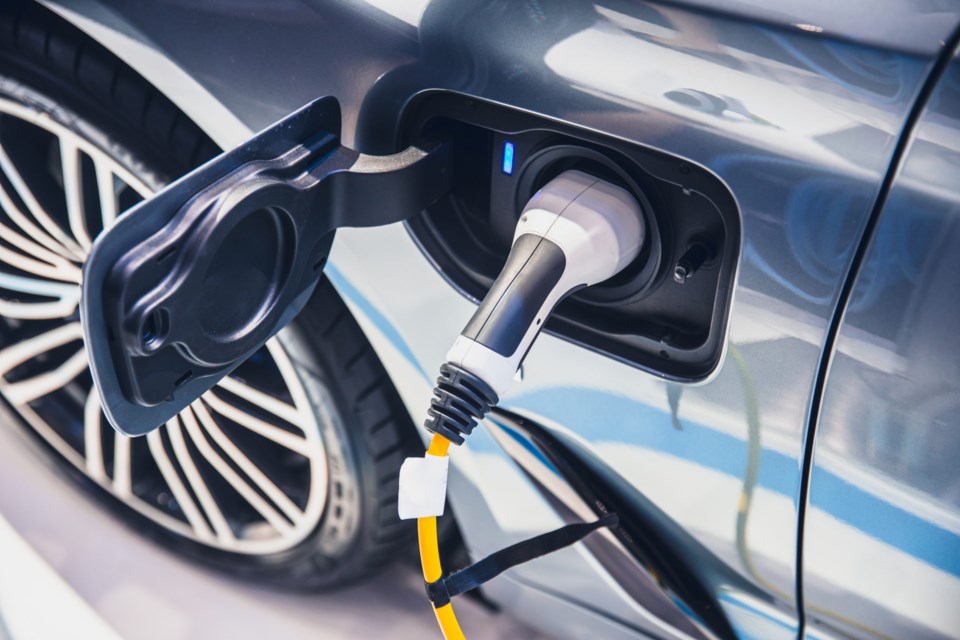A bill sent to Gov. Greg Abbott by the Texas House, requiring electric vehicle owners to pay $200 in annual fees, passed. EV owners would have to pay $400 to register new vehicles.
According to the bill's authors and the leader of an anti-toll road group, these increased vehicle-registration fees are necessary to ensure that electric vehicles contribute their fair share towards highway costs.
“This is extremely important to make sure people are paying their fair share and that we have adequate funding for the preservation and maintenance of our highways in the future,” said state House Rep. Terry Canales”
The House initially passed the bill, 145-0. Abbott signed it over the weekend. The law takes effect on Sept. 1, 2023.
According to The Dallas Morning News, owners of hybrids and gas-fueled vehicles will not pay these fees because they instead pay a 20-cent per gallon gas tax. The new tax also does not apply to electric motorcycles, mopeds and autocycles.
Based on data from the Federal Highway Administration and the Environmental Protection Agency regarding average annual mileage and fuel economy, the typical owner of a gasoline-fueled vehicle pays approximately $130 in state gas taxes each year.
While both the gas tax and electric vehicle tax contribute to the state highway fund, a portion of the gas tax revenue is also allocated to schools. The implementation of the new tax is expected to channel a minimum of $38 million in additional funds toward the state highway fund. According to the comptroller's office, gasoline and diesel taxes are projected to generate approximately $3.8 billion in revenue for the state in 2024.
While discussing the bill in the House on April 24, 2023, lawmakers proposed the concept of establishing a reduced tier of fees for electric vehicles, specifically targeting lighter-weight vehicles, at an annual rate of $100. However, the idea was defeated and the bill ultimately passed with substantial bipartisan support.



.png;w=120;h=80;mode=crop)
